You've probably heard serotonin called the "feel-good" chemical. This powerful neurotransmitter plays a vital role in regulating mood, sleep, appetite, memory, and overall emotional well-being. But here's a surprising fact: you can't get serotonin directly from food. Instead, your brain produces it using a building block found in certain foods—tryptophan.
Understanding how this process works can help you make smarter dietary choices to support mental wellness and emotional balance.
Serotonin is both a neurotransmitter and a hormone. Most commonly associated with the brain, it transmits signals between nerve cells and helps regulate mood, anxiety, and happiness. Low serotonin levels have been linked to depression, sleep disorders, and appetite issues.
While medications like SSRIs (selective serotonin reuptake inhibitors) help maintain serotonin levels in the brain, diet also plays a foundational role—just not in the way many assume.
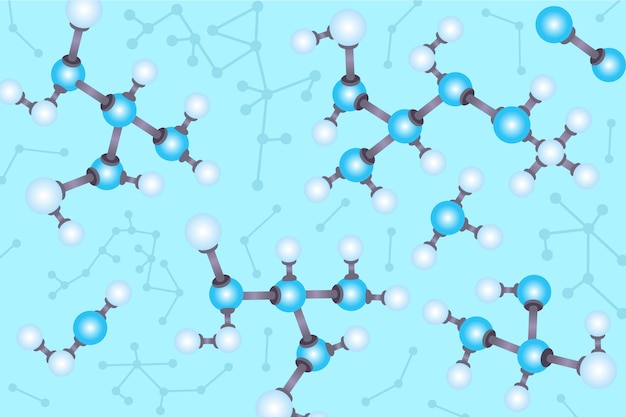
The chemical structure of serotonin, synthesized in the brain from tryptophan.
Serotonin itself cannot cross the blood-brain barrier—a protective membrane that shields the brain from harmful substances in the bloodstream. This means that even if a food contained serotonin, it wouldn’t reach the brain to have a mood-boosting effect.
Instead, the brain relies on tryptophan, an essential amino acid that can cross the blood-brain barrier. Once inside the brain, tryptophan is converted into 5-HTP (5-hydroxytryptophan), which is then transformed into serotonin.
While no food contains serotonin that directly impacts brain function, several protein-rich foods are excellent sources of tryptophan. Including these in your diet helps supply the raw materials your brain needs:
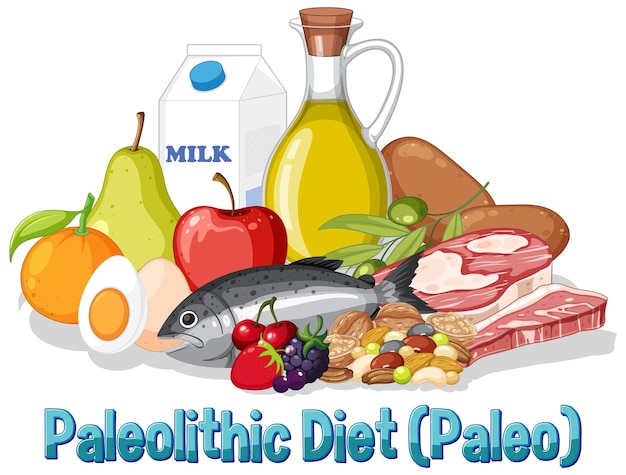
A variety of whole foods rich in tryptophan support natural serotonin production.
Interestingly, eating carbohydrates can help tryptophan reach the brain more efficiently. When you consume carbs, your body releases insulin, which clears other amino acids from the bloodstream—except tryptophan. This gives tryptophan a better chance to enter the brain.
That’s why a balanced meal with both protein and complex carbohydrates (like whole grains) may be more effective at supporting serotonin levels than protein alone.
While nutrition is key, other lifestyle factors also influence serotonin levels:
While low serotonin levels are associated with depression and anxiety, the brain’s chemistry is complex. Serotonin is just one piece of the puzzle. However, ensuring adequate tryptophan intake through diet is a safe, natural way to support your brain’s ability to produce this important neurotransmitter.
Emerging research, including studies on conditions like long-COVID, suggests that restoring amino acid balance—particularly tryptophan—may play a role in improving mood and cognitive symptoms, highlighting the importance of nutritional neuroscience.
You can’t eat serotonin, but you can eat foods that help your brain make it. By choosing tryptophan-rich proteins and pairing them with healthy carbohydrates, you support your body’s natural ability to regulate mood, sleep, and emotional resilience.
Small, consistent dietary choices can have a meaningful impact on how you feel every day.

Health

Health

Health

Health

Health

Health
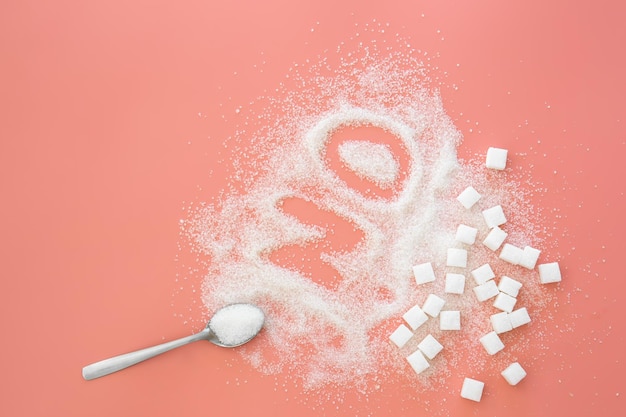
Health
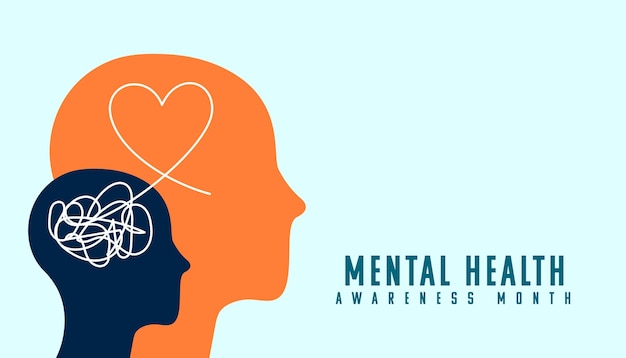
Health

Health

Health

Health
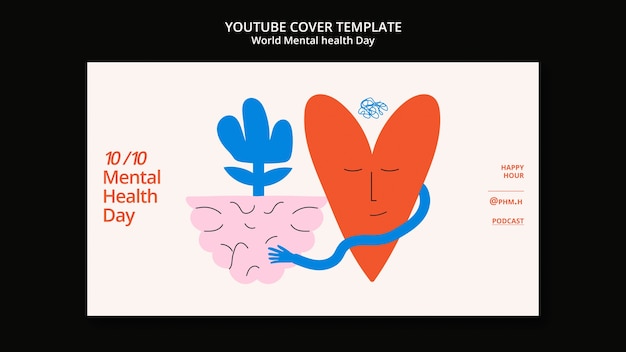
Health

Health

Fitness

Health

Health